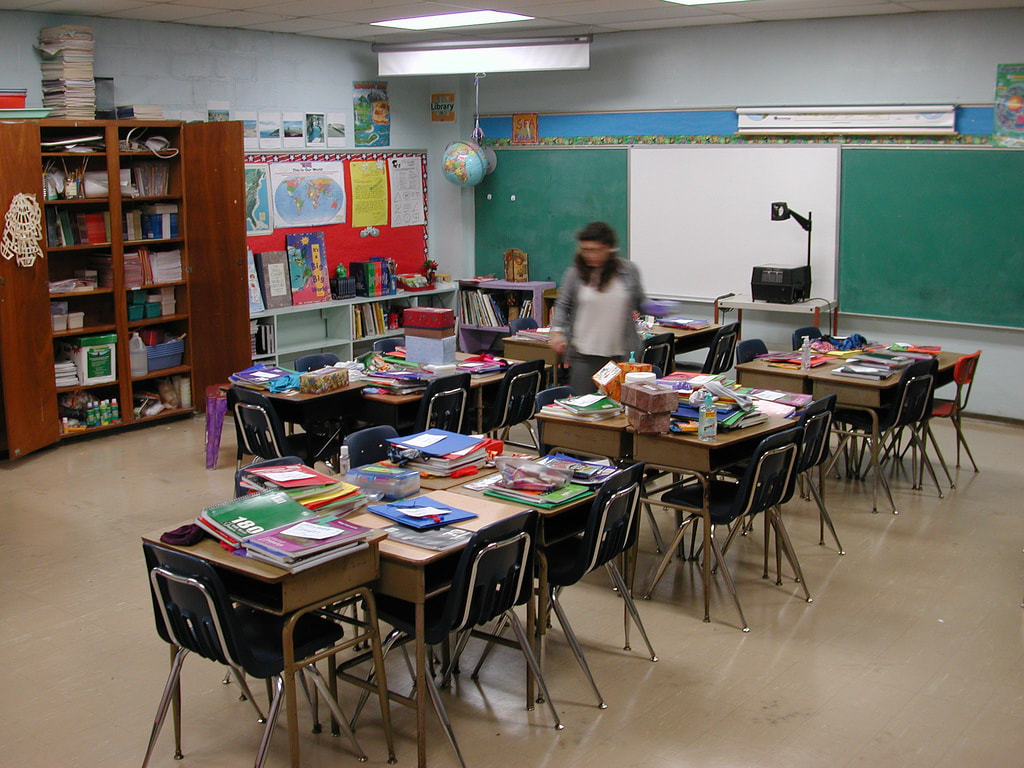|
Ofsted is changing the way it conducts inspections. Drawing on the views of students, we take the opportunity to think about how the education system could go from coercive to nourishing Christopher Bagley
In a previous blog, Psychologists for Social Change (PSC) responded to the announcement that the education regulator, Ofsted, are to update the framework they use to inspect schools in England. Having looked at the changes that Ofsted are proposing and finding them extremely narrow, the purpose of this article is to go further and envision an alternative future for the education system. It is based on PSC’s joint submission to the public consultation on Ofsted's proposals changes. When thinking about change in a democratic society, it is only right to begin by asking the people that will be directly affected. To this end, we spent time with States of Mind, a social enterprise that gives young people a platform to discuss issues related to education and mental health. Since January, States of Mind has conducted focus groups with 80 young people to elicit their views about the impact of Ofsted’s inspection framework on their education. Those involved were very keen to share their views: “We feel that our voices and experiences are constantly overlooked and neglected... we believe that it is our right to tell the true story of how the current system is failing us.” The students have written a powerful letter to the head of Ofsted, Amanda Spielman, communicating their deep concerns about the system’s negative impact on students. They also put forward psychological healthy ways of doing things differently. We draw on some of their ideas for this article. We also heard from parents and mined our own experience as teachers and educational psychologists.
1 Comment
Why the proposed changes to the Ofsted inspection framework won’t deliver and what we need to do to really benefit our children and young people Christopher Bagley
In December 2017, the UK Government released a Green Paper entitled Transforming Children and Young People’s Mental Health Provision. In response, Psychologists for Social Change wrote an open letter, signed by 1400 psychologists, teachers, social workers, students and counsellors, as well as young people with lived experience of mental health issues and their parents. In it, we urged the government to “take a genuinely preventative approach” to mental ill-health, by acknowledging and addressing the wider social factors known to be linked to distress, as well as bringing an end to the austerity policies that have exacerbated these. You can read our review of the finalised proposals, published this summer, here. In short, we believe they fall desperately short of addressing the underlying barriers to long-term improvements to our collective mental health. We also called on the government to review the toll that accountability measures like exams and ‘teaching to the test’ are creating, which, according to the National Education Union, are a great source of emotional distress for teachers and pupils alike. Currently, Ofsted holds teachers and schools accountable for the academic results of young people. Every child is expected to achieve a pre-defined, government set ‘standard’. Anything else is viewed as failure for the school, regardless of a young person’s needs or the pupil demographics of the area. This leads to teachers spending hours assessing students, tracking and logging data. Workload stress is having an increasingly detrimental impact on the mental health and job satisfaction of teachers. Schools can struggle to retain teachers. In short, things are bad before we’ve even considered the impact on students. For them, the focus on results means an inflexible curriculum, with limited opportunity for creativity and a narrow conception of what intelligence and achievement means. For those who struggle to make progress, constant messages about not achieving ‘expected progress’ can be catastrophic to their mental health. |
AuthorPSC is a network of people interested in applying psychology to generate social and political action. You don't have to be a member of PSC to contribute to the blog Archives
February 2022
Categories
All
|
PSYCHOLOGISTS FOR SOCIAL CHANGE
- Home
- About
-
Groups
- Blog
-
Position statements
- UK >
-
Cymru / Wales
>
- Consultation Responses
- Housing Support Funding
- Connecting the Dots Report
- Chemical Imbalance Myth
- Review of use of dx PD
- UK Inhumane Removal Plans
- WG LGBT+actionplan
- Ty Coryton
- Commission on Race and Ethnic Disparities: The Report
- ECT Review
- Black Lives Matter
- COVID 19 and Internet Access
- Save the T4CYP Programme
- Support the Mind over matter Report
- UN Report on Extreme Poverty in the UK Letter
- England >
- Ireland >
- Northern Ireland
- Scotland
-
Campaigns
- Join our mailing list


 RSS Feed
RSS Feed
